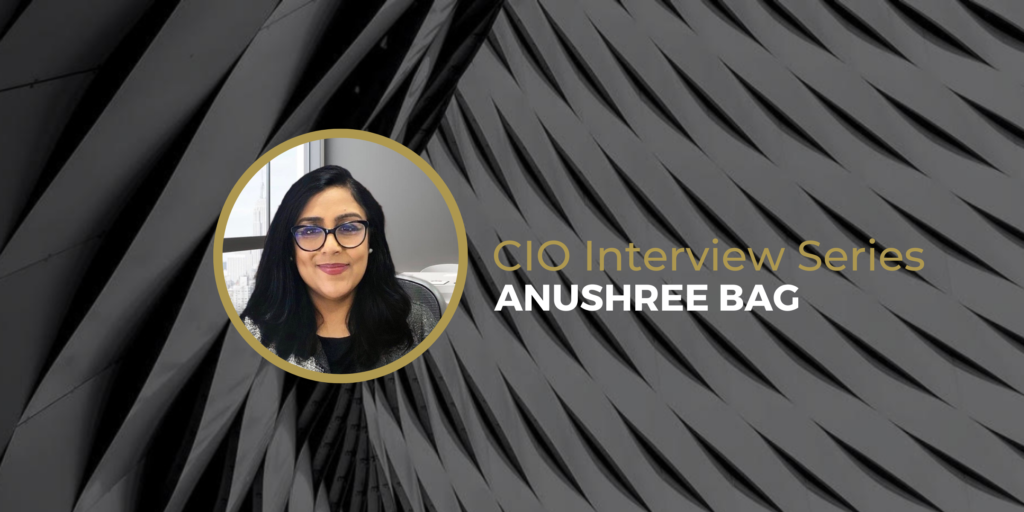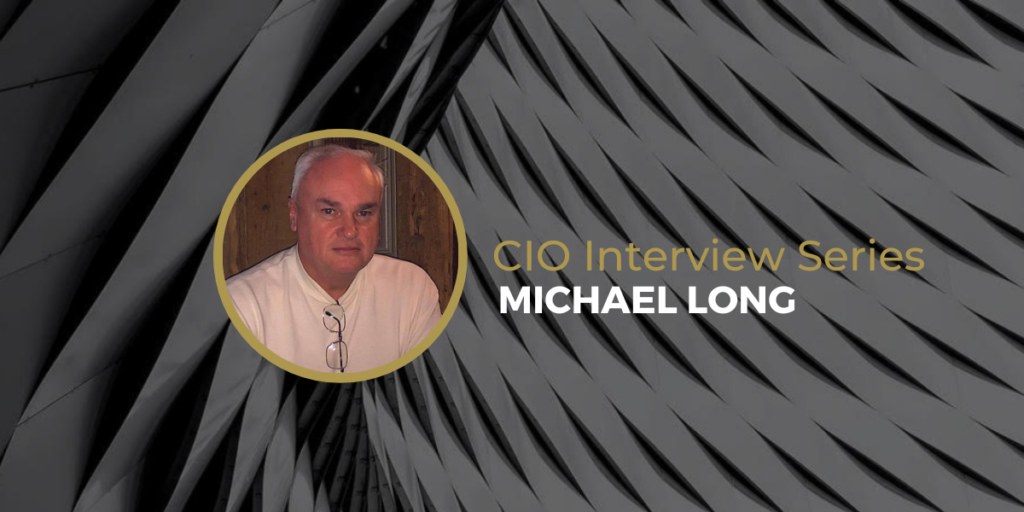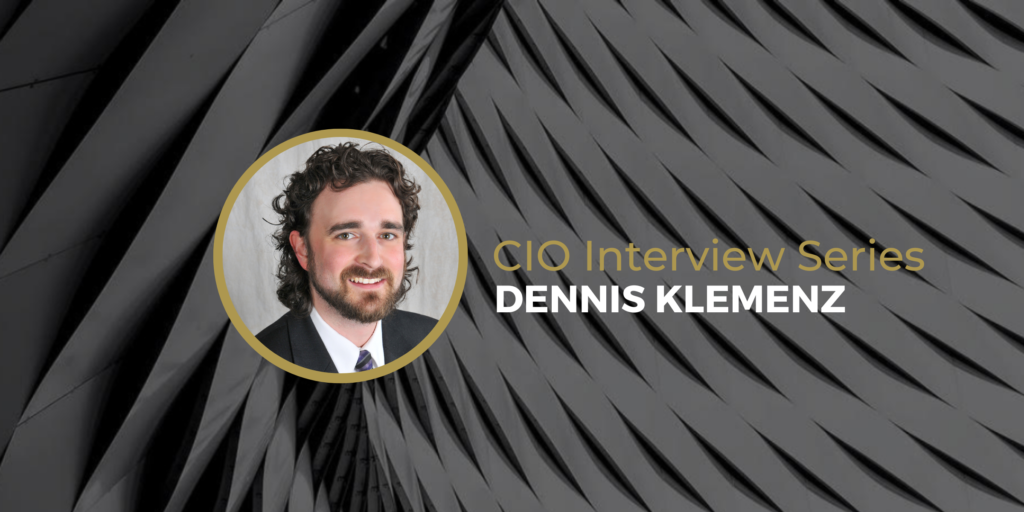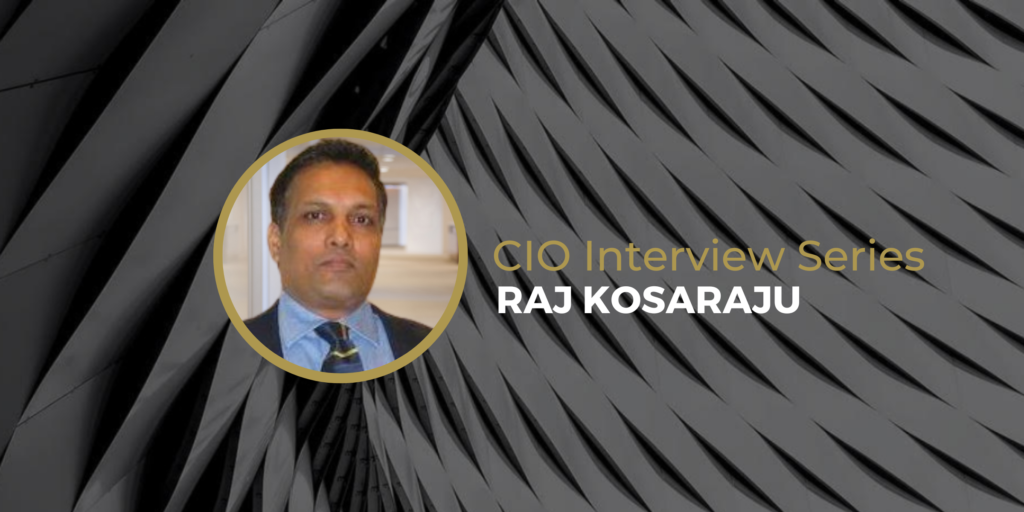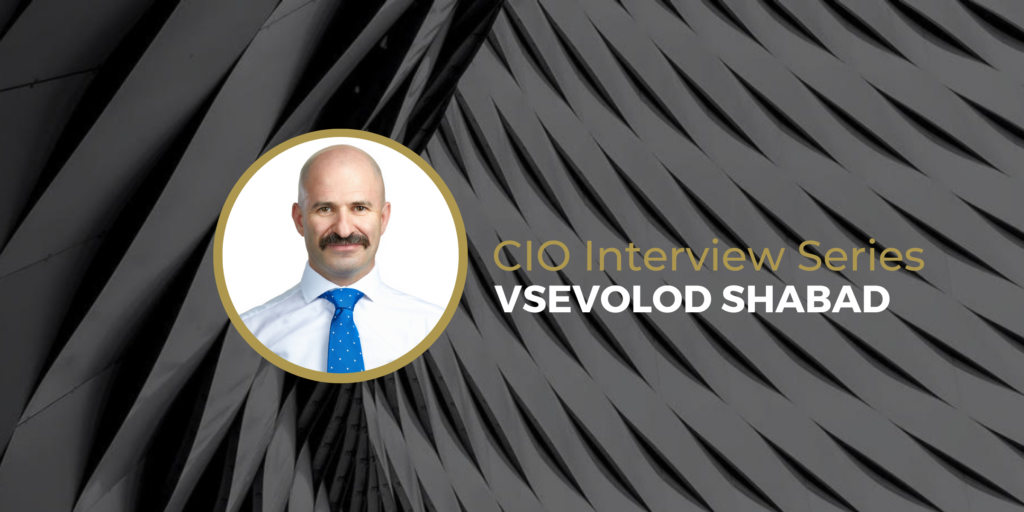David Monnier
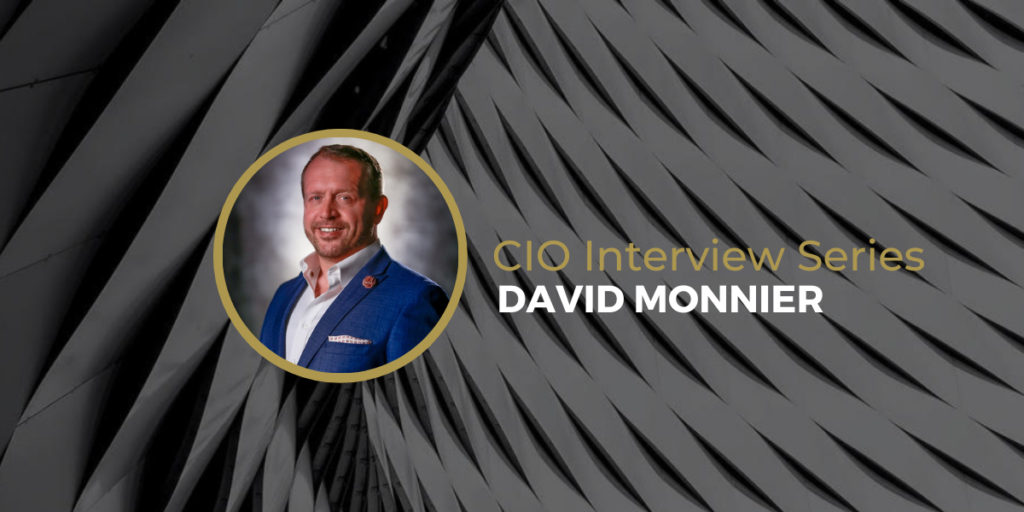
Chief Information Officer and Chief Evangelist at Team Cymru, Inc.
Can you please provide a little introduction about yourself
I’m the CIO for Team Cymru, Inc. a signal intelligence company in Lake Mary, Florida, USA. We provide threat intelligence insights to companies conducting threat hunting and also threat intelligence used to inform security products world-wide.
What has your journey to your position been like? What path have you taken?
My technology career began at Indiana University where I build large-scale high performance systems, primarily beowulf clusters. While there I was part of teams that built some of the fastest systems of their time per the Top-500 competition (https://top500.org/ ). While working in this role I managed a system that was compromised as part of a global research project that had credentials exposed and exploited by a miscreant in Europe. During that process I quickly discovered I had a natural talent for understanding security issues and how to remedy them, in particular on Unix-like systems. Given that talent, I moved to become a Lead Security Engineer for the Indiana University state-wide system. At this time, Indiana University and Internet2 (one of the USA academic high-speed networks) endeavored to launch the Research and Educational Networks Information Sharing and Analysis Center (REN-ISAC , https://www.ren-isac.net/ ) as part of then President Clinton’s Executive Order 63. I was chosen to lead the technical efforts of raising security for all of US higher education. As part of that role I facilitated in creating a trust community responsible for collection, identification, and distribution of threat data related to the sector. This data included not only threats to block but also tens of thousands of daily reports related to identified compromised systems on educational facility networks in need of remediation. As a result of this effort we successfully reduced infection statistics for the .edu top-level-domain by more than 80%. As part of my efforts at the ISAC I was involved in multiple community efforts around the world related to security. Via that community I met the founders of Team Cymru and was invited to join the , then quite small, company as a lead engineer for their global network of malicious activity sensors. As that role grew my natural soft talents emerged as useful to our mission of saving and improving human lives. Most notable were my abilities to motivate people and address large audiences. Making use of those talents, combined with deep technical knowledge, I was able to begin my path as an evangelist in tandem with that of an engineer. Since that time I have managed a global technology footprint in the thousands as well as presented hundreds of times proving keynote and technical subjects around the world.
Has it always been your vision to reach the position you’re at? Was your current role part of your vision to become a tech leader?
I’m a self-taught person. I began my life in Northwest Indiana in a town mostly known for it’s part in the steel industry. I had no real contact with computers until I was nearly 20 years old. As such, I never saw myself having this role or career at all. To be frank, I had no idea at all what I would be doing. I had joined the US Marine Corps for a chance to try and find what opportunities were waiting for me and happened to be coming up in a time where there were no real certifications or other easily measured benchmarks of skill. I like to think of the late 1990’s and early 2000’s as the “hacker age” where talent and drive were the secrets to success. I consider myself to be the result of that time.
Have you had a role model or mentor that has helped you on your journey?
I’ve had multiple leaders in my career who helped me understand that I was destined for greater things. My director at the super computing center, the Information Security Officer and Indiana University, and others. By far the great role model I’ve had is the CEO and Founder of Team Cymru, Rabbi Rob Thomas. Rob taught me the most important lesson of technology being a human-based business. Without humans there is no need for tech. Tech is designed to make life better. In order to accomplish that a business must be successful in the business world but also in the real-life world that the members that make up that company. This means always operating with a people-first mindset.
How do you see the role of the technology leader evolving over the next 5 years?
Technology is moving at an incredible pace. To be a successful leader it’s critical to not get distracted by the pace of innovation and the technologies that make that pace as they will come and go. A successful leader has to understand to trust the expertise of the teams they build. That team needs to be able to feel they can take risks by adopting new technology as appropriate but also be conscious of business needs.
What skills do you think leaders of the future will need in order to thrive?
The ability to adapt is by far the most critical skill. Adapting to technology, for example things like AI that no one expected to move so fast. Adapting to societal changes, for example work from home and other concepts that have come up. Being able to adapt is always key. We can’t control what happens but we can always control how we react to what happens. That skill is being able to adapt.
How do you keep current with new skills, technologies and personal development?
I have the advantage of working with very smart people in a fairly new industry, cyber threat intelligence. Much of what I draw on in my ability to listen, understand, and incorporate what I’ve learned. For much of what we do, we find ourselves being the cutting edge. In that position it can be hard to try and find external sources of new information. The last few years I’ve been focused on understanding how markets work and what drives business, very old topics being applied to modern industry.
What do you see as the next leap in technology that will impact your business or industry in particular?
Most people are thinking AI is the most impactful technology that’s happening right now. Personally, while it’s impressive, I think the resources required for it to function make it explainable and understandable. There’s an entire super-computer worth of computation behind every LLM. It’s not that hard to find the right answers when you can guess all possible outcomes in what seems like seconds. I don’t dismiss AI, but I suspect true quantum computing will make AI seem antiquated in comparison. Light-speed calculations with blockchain-like assurance of those calculations will lead to a much faster, and safer, world. Imagine a world where software exploits were nearly impossible due to the CPU itself being able to detect manipulations, or the network itself being able to detect monitoring of some kind. Quantum will be the key that unlocks the future.
“To find the best path forward don’t hesitate to find the paths that don’t work.”
If you were mentoring a leader of the future, what advice or guidance would you give to help them on their way?
Try. Try everything until you fail. Fear of failure holds leaders back. The thing to remember about failure is that it’s certain. Unlike failure, success can be misleading. A success may just be an unrealized failure. To find the best path forward don’t hesitate to find the paths that don’t work. Fail, fail often, and fail with success. Meaning, learn and grow with failures and know that now you know what not to try next time.
Is there anything in particular that you would still like to achieve in your career or what is the next step on your journey?
I’m not a person who makes grand plans. My vision for myself is mostly around happiness and my ability to share it with others. Professionally speaking, that means helping the next generation of technology leaders find the place in the chain and to encourage them to do the same. Progression of leadership is most about succession. I want to ensure that I help the people who will replace me.
If you could change one thing in the world, what would it be?
Child hunger and education. No child asks to be born but when they are it’s up to us to ensure they have the best chance to succeed. Malnutrition and lack of education are major factors in that. I often wonder how much genius has been lost to lack of opportunity to succeed. These two seem like a great place to start.
A big thank you to David Monnier from Team Cymru, Inc. for sharing his journey to date.


